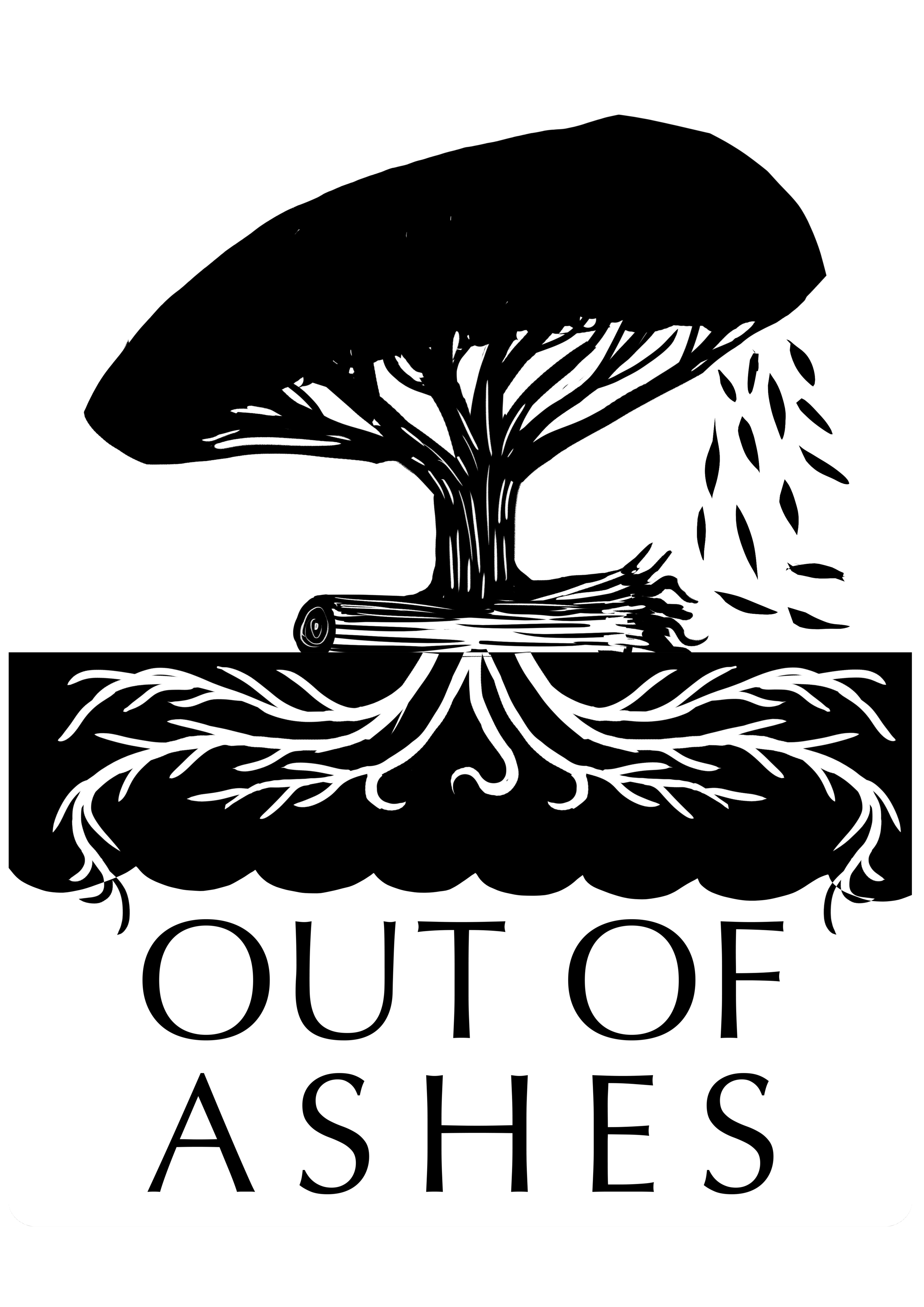Do Breeds Matter? We have a lot to say on the subject.
Do Breeds Matter? We have a lot to say on the subject.
Believe it or not, when we started our farming journey, we never intended to have animals. We assumed we would have a big garden, a fair number of trees, and maybe a chicken. Or two chickens so the one isn't sad. But as we visited other farms, and our first few chickens entered the mix, things escalated quickly.
We fell in love with animals. Today we have 23 pigs, 40 or so chickens, 15ish ducks (including 4 adorable bonus ducklings that wandered out of the weeds with their new mom a few weeks ago), and 2 dogs. Every time we have introduced a new animal we have needed to make an important decision: what kind?
The created world is diverse and that diversity is the key to the health of earth's ecosystem. The loss of biodiversity is one of the most concerning trends for the long-term viability of our home. Historically, humans have both benefited from, and actively cultivated, biodiversity. For as long as our agrarian forefathers stewarded lands they actively bred plants and animals to suit the realities of the environment and the needs and preferences of the people within their immediate community.
We humans bred distinct sheep for the wet, for the cold, for the heat, for their fleece, for their meat. We bred chickens for their ability to forage, to mother, to lay many eggs, and to grow quality meat. We bred different apples for taste, for structure, for disease resistance, for cooking, for fresh eating, and for making pies. We bred dogs to work cattle, to work sheep, to protect livestock, and to be friends. And, we bred a variety of pigs for their flavor, fattiness, foraging abilities, temperament, and ability to handle the weather.
Here at Out of Ashes Farm we don't have sheep (someday maybe), but we have made decisions along the way about which chickens, dogs, ducks, pigs, and apples we would have. Those decisions have been centered on both our environment and our people.
All of our animals are somewhere on the spectrum of rarity. They are historic breeds that have gone out of fashion or been subsumed by the few commercial breeds that, until the recent agrarian renaissance, dominated everything. We have committed ourselves to the less common breeds in order to contribute to the biodiversity that makes our ecosystem healthy and our lives interesting. Yet, we don't do that arbitrarily. The specific breeds have distinct purposes.
Our laying chickens, Silver Grey Dorkings and Dominiques, are very old breeds that are good at being chickens. Meaning, they forage well, mother well, lay a decent number of eggs, and love that outdoor lifestyle. Similarly, our ducks are Ancona’s, a very rare dual purpose breed that lay a lot of eggs and produce excellent meat. This makes all our birds good at being low maintenance, free range, happy little egg layers (and occasional meats).
Our dogs are English Shepherds, an all purpose farm breed good at keeping things in order and (if trained) hearding livestock. They are also very people centered, which in all of our breeds has been an important value.
The human centered nature of our farm life is also a significant part of the reason we chose our pig breeds. Both Glouschestershire Old Spots (GOS for short) and Large Black pigs are very personable, docile, family friendly pigs. There is no anxiety or burden in working with these smart, friendly, curious, and hilarious animals. They are aggressive about only two things: getting scratched by their humans and acquiring ample foodstuffs.
Both our pig breeds are also rare, having fallen out of fashion when the fast-growing, leaner, commercial breeds became the rage. There was an unfortunate season, which America hasn’t totally recovered from, when the general preference was for lean pork (read here pork with no flavor), and the fastest possible growth. Along with temperament, our highest value in breed choice is quality. We wanted to raise animals that would produce meat whose quality exceeded what was commercially available. For us that meant animals with good intramuscular marbling. Both our breeds excel in producing quality lard and creamy, rich, flavorful meat, but they are not so far along the spectrum of lardiness that they are majority fat (as with American Guinea Hogs or Kune Kune's), which is a characteristic that might make more sense if we raised them only for ourselves.
The last key factor that has made our pig choice a good fit for our farm, is that GOS and Large Black are both a great fit for our region. They were each developed in England, in an environment quite similar to the PNW (ye old rain). The GOS were called the Orchard Pig, and were know for licking an orchard clean at the end of a season. We've designed our farm to be pasture interspersed with lines of fruit trees. As the fruit falls it's easily shuffled in with our pigs. Our breeds are both a choice informed by the shape of our life and a choice that actively shapes our life, and our little cottage farm. This is the joy of including living things that have their own needs, wants, shapes and proclivities.
While that's probably more than you need to know about how and why we choose the breeds we do, we also want you to know that a lot of care has gone into providing you with quality food. Many of you are the people who are a part of our ecosystem and so we hope you think of our GOS, Large Black and GOS/Large Black crosses as your breeds too.
If you aren't yet a part of our little ecosystem, there's more info here. We do still have a few shares left for 2019's late fall harvest.

